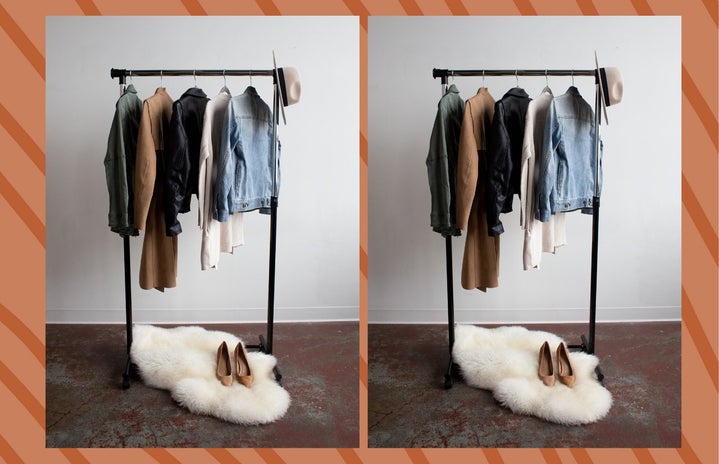“To deny people their human rights, is the challenge their very humanity”
-Nelson Mandela
Fashion is powerful! The clothes we wear are how we showcase ourselves to the world, whether it is through haute couture for the fashionista, sporty street style for those who prefer comfort, grunge for the less caring, or religious garments. It could be said that the clothes we wear are a part of our identity and a form of self-expression.
What if your “identity” is taken away from you? In parts of France, especially along the coast of the French Riviera, women have been banned from wearing burkinis. Burkinis are swimsuits that cover up everything, except for the hands, feet and face. The mayor of Cannes, David Lisnard, implemented the banning of burkinis in late July, following the devastating terrorist attack that took place on Bastille Day in Nice, where 84 people where killed by a truck. Lisnard referred to burkinis as “the uniform of extremist Islamism”, which prompted his fellow politicians to apply the same law within their cities.
This law trails the banning of the burqa in 2011 and the banning of all noticeable religious symbols in schools in 2004. It is no surprise that with the terrorist attacks that have been happening throughout the years in France, that there has been a rise in Islamophobia amongst the people. However, problems start to set in when bigoted laws are set, that hinder innocent people from living freely. The most horrendous part is that if a woman is caught wearing a burkini she is immediately stripped, which is not only humiliating for the individual but also tramples on her religious values. It is always a sad day when one’s freedom of speech, thought or religion is taken away from them. With the logic of banning the burkini, the wetsuit might as well be banned as well, for they are quite similar. The only difference between the two is the burkini covers the hair.
On the other hand, if someone of a different belief were to stroll in public wearing short shorts and a crop top in a strong practising Islamic country, they would either be incarcerated or fined heavily. It could be argued that it is only fair for those who live or visit France should follow the rules of the country. Yes, this law is prejudiced, however France is not the only country which has laws that oppress a certain group, for example; some countries have made homosexuality illegal, women still cannot vote in Vatican City, women aren’t allowed to drive in Saudi Arabia and women can’t leave their house without permission from their husbands in Yemen. In no way can one injustice be justified by other injustices, but in a world where nothing is black or white, it is best to look at both sides of the argument and form your opinion from there.

